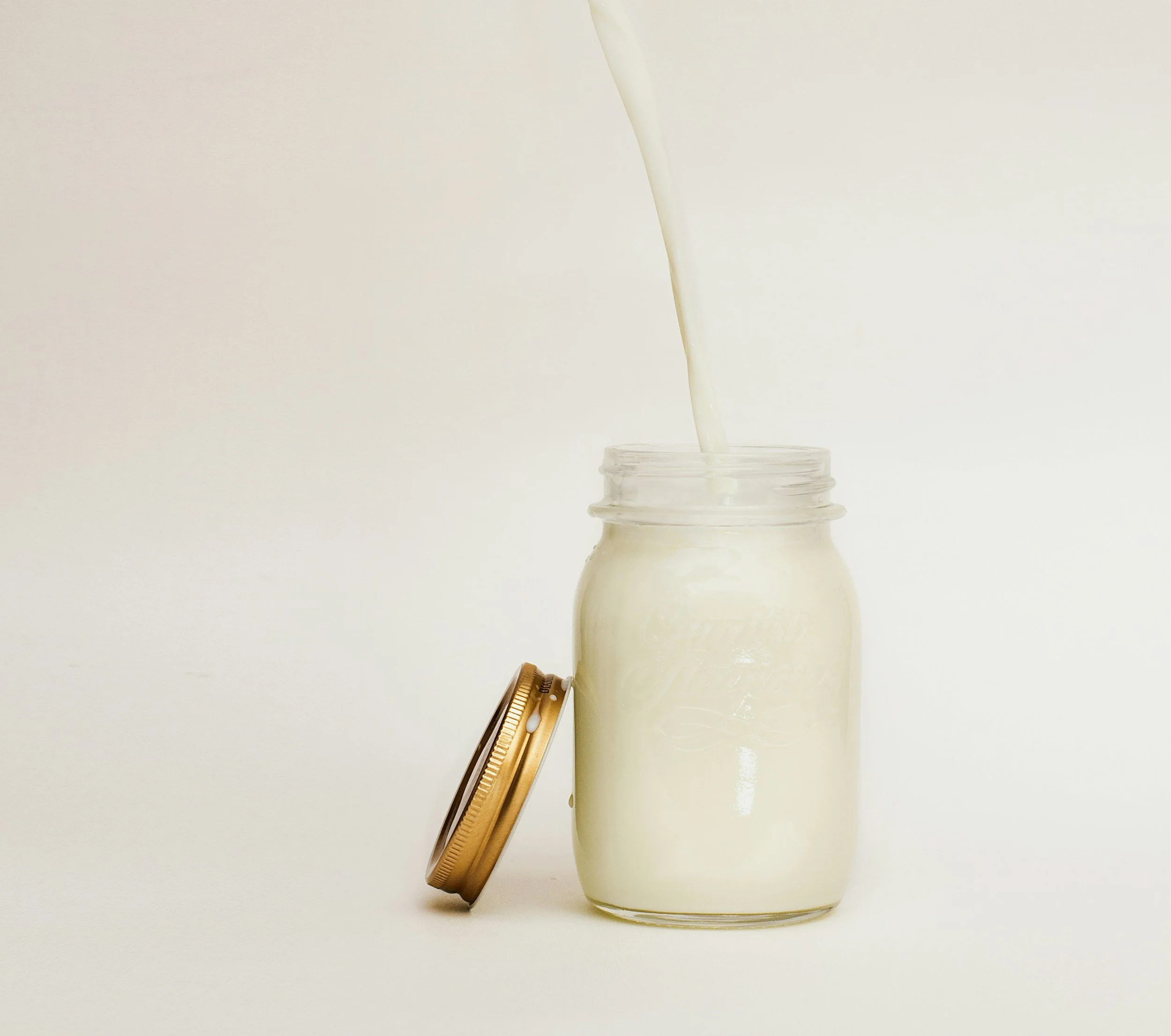
CKkc Farm LLC Milk Production
Welcome to our Raw Goat Milk Farm!
Milk Production in our goats is seasonal and is estimated for the months of March through October each year.
Milk is sold in returnable glass Mason half gallon jars. Pickup is at the farm only; no shipping or delivery per IDPH rules. Additionally, our milk is tested by a certified lab every four to six weeks during the milking season.
Please note a minimum of 12 hours notification is required for pick-up to ensure I have enough supply to meet all customer’s needs. Text the afternoon before to schedule a pick-up time and, if available, it will be ready for you next morning.
Pricing:
Initial purchase:
Half gallon - 1 jar $8 this includes your deposit for jar and lid
Gallon - 2 jars $15 this includes your deposit for the jars and lids
Subsequent purchase with returned jars and lids:
Half gallon - $6
Gallon - $10
If jars or lids are not returned or are damaged then price is the same as initial purchase.
Returning jars and lids:
Jars and lids should be returned empty and washed. They will be washed and sanitized at the farm. You simply pick up new ones with fresh milk with each order.
Why drink raw milk?
Lots of reasons! The average size of the milkfat globules is smaller than that of cow milk, making goat milk naturally homogenized and easier for some people to digest. Goat milk protein is different from cow milk protein, to which many people are allergic. Typically, those allergic to cow milk are able to consume goat milk.
CKkc Farm Milk Crude Analysis
Testing was last ran on 9/11/25 for analysis
Fat Percentage 3.5 %
SNF (Solids not Fat) 9.8%
Added H20 0.0%
Protein 3.3%
Lactose 5.2%
Goat milk contains the following:
Calcium and phosphorus for bones and teeth
Iodine for thyroid hormones
Potassium for nerve and muscle (including heart) function
Vitamin B5 for energy release
Biotin for skin and hair
Vitamin A for vision
Oligosaccharides for growth of beneficial gut bacteria
Unprocessed milk has enzymes which aid in digesting the milk.
These enzymes, along with the milk protein, are destroyed by pasteurization. Raw milk will naturally sour after about a week, this can then be turned into a multitude of other recipes.
Our dairy goats eat our own farm grown alfalfa and a grass mix hay. They also get a dairy grain mixture, minerals, salt, and vitamins.
Why drink our goat milk? We use our milk daily for drinking, cooking, making cheese, ice cream, and caramel. If anything is off with the milk, we will pick up on it quickly. We also routinely test the milk for high bacterial counts with a CMT test in addition to our monthly state required testing.
